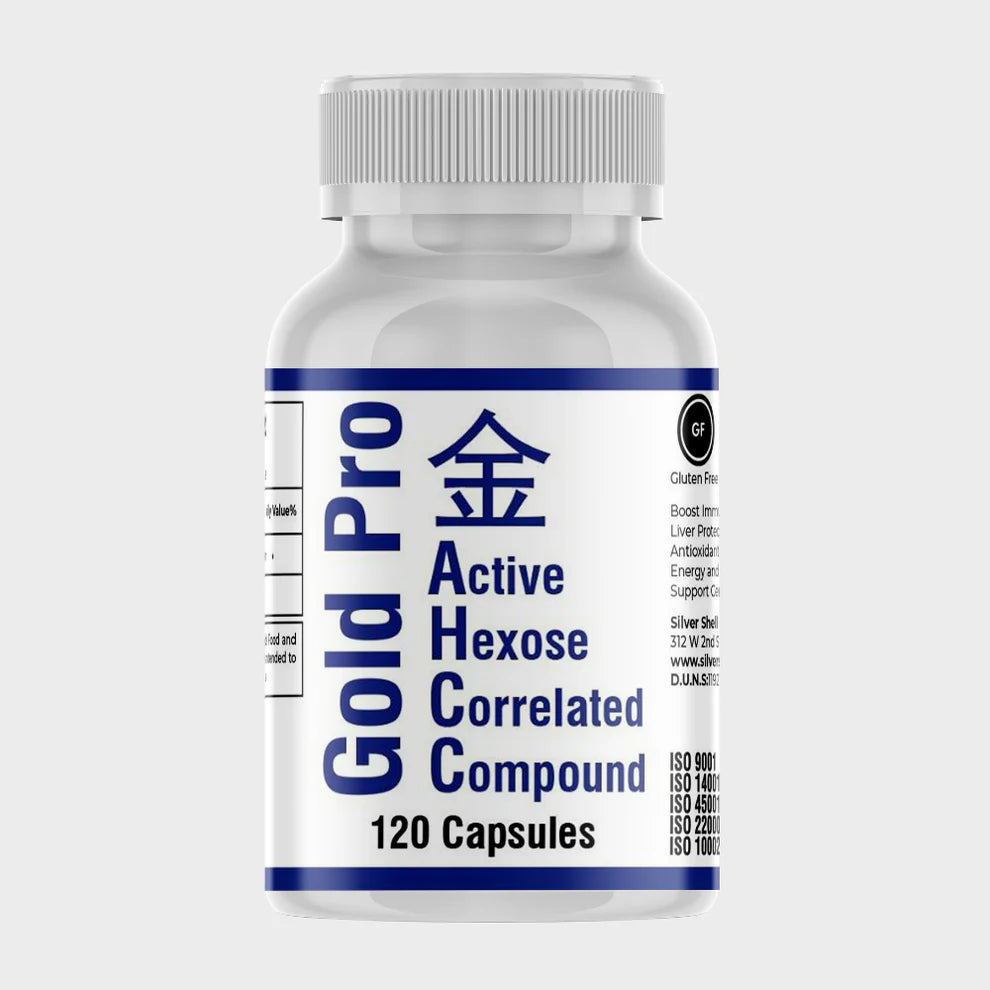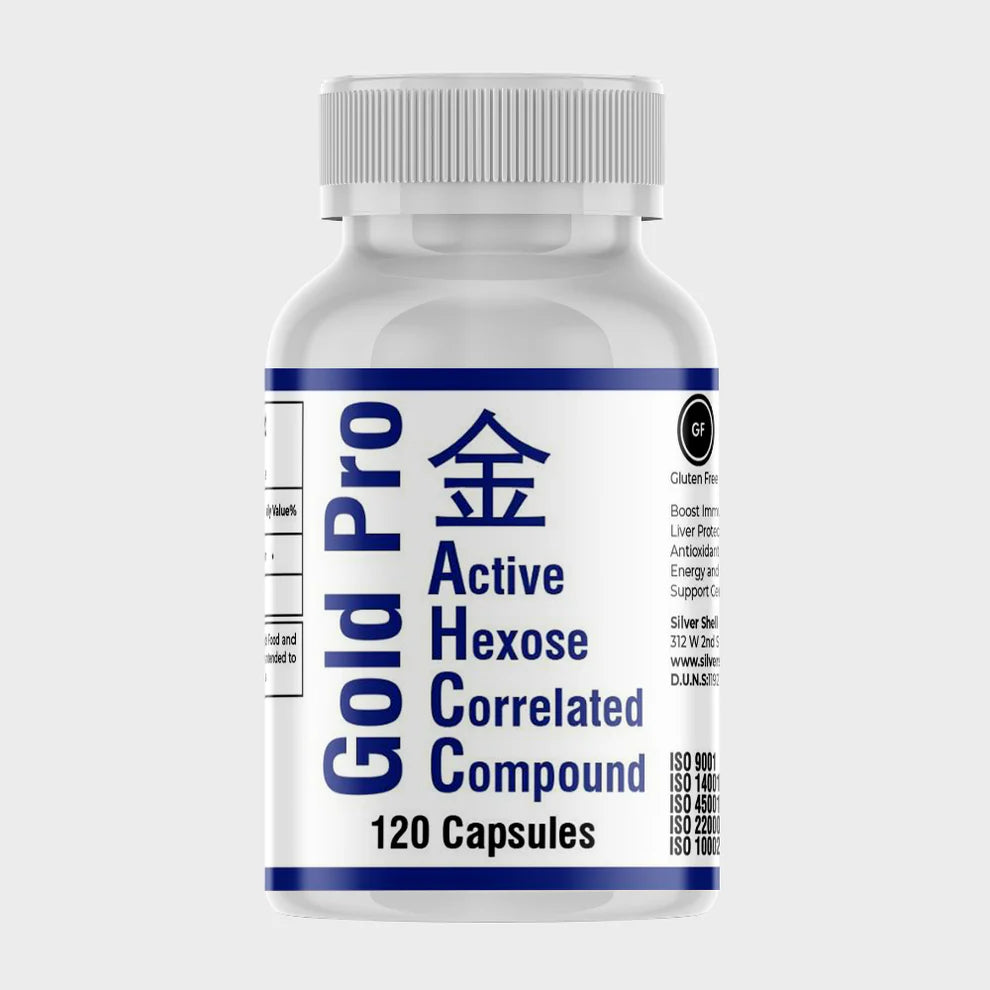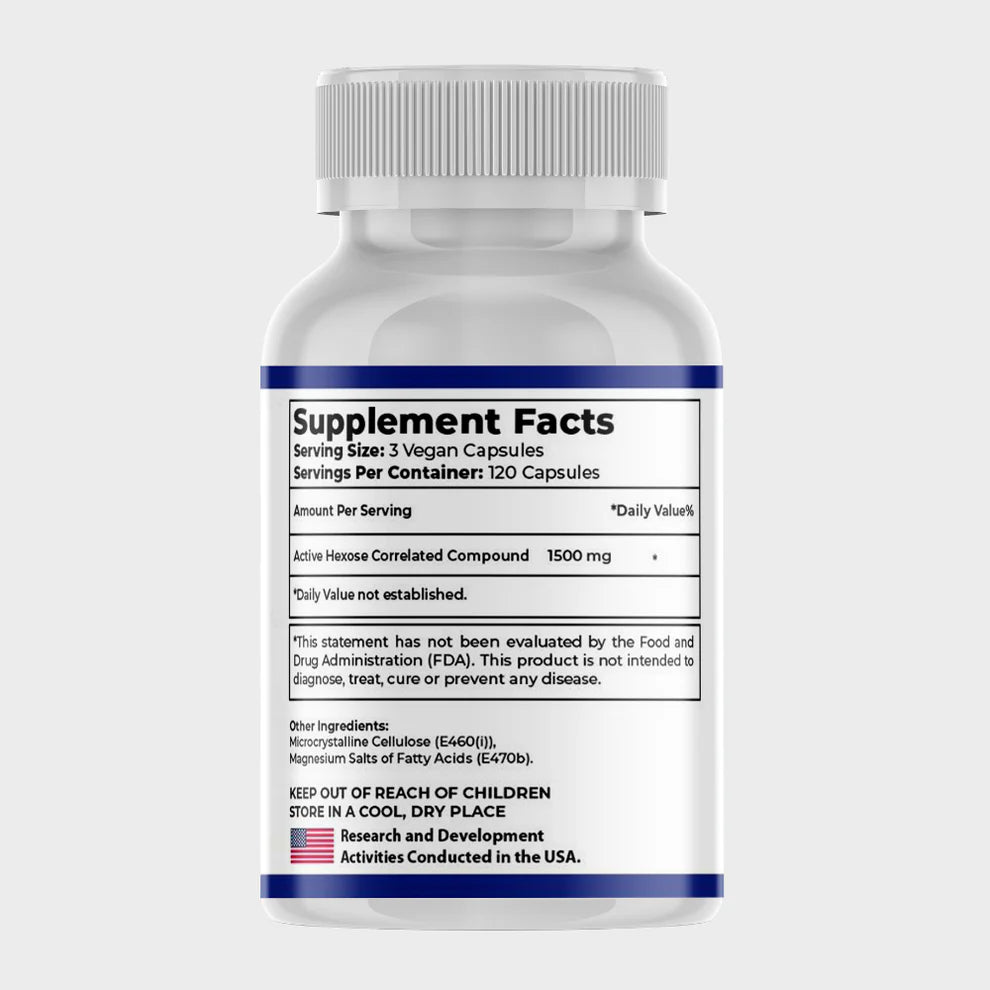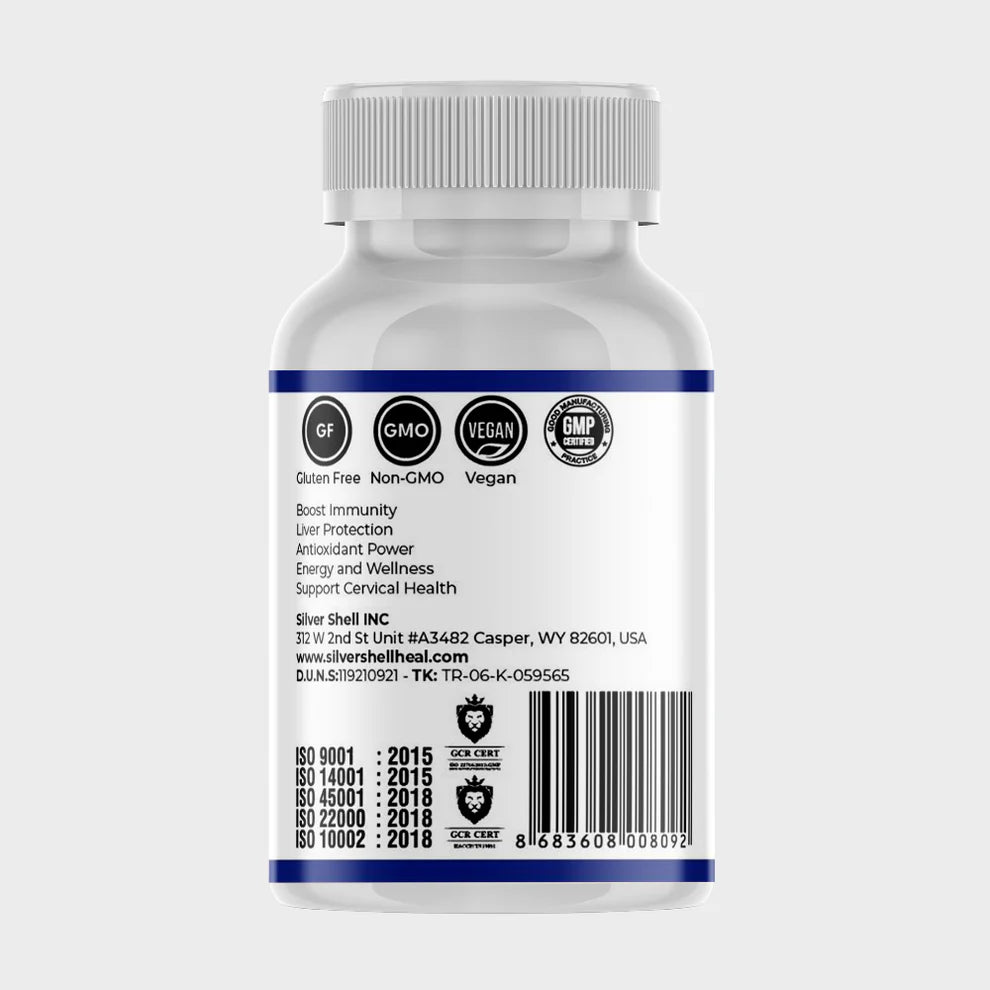Human papillomavirus (HPV) is a term many have heard, often associated with its potential to cause cancer. However, the specifics of which cancers are linked to HPV and how this virus impacts the body are less commonly understood. This article delves deeper into the connection between HPV and several types of cancer, offering insights into prevention and early detection.
What is HPV?
HPV is a group of more than 200 related viruses, some of which are transmitted through sexual contact. While many HPV infections are harmless and resolve on their own, certain strains of the virus can lead to severe health complications, including cancer. The high-risk strains, particularly HPV types 16 and 18, are most notorious for their ability to cause cellular changes that may progress to cancer if not managed properly.
Cervical Cancer: The Most Common HPV-Related Cancer
Cervical cancer remains one of the most prevalent cancers directly linked to HPV. In fact, nearly all cases of cervical cancer are caused by HPV. The virus targets the cells lining the cervix, initiating changes that, over time, can develop into cancer if left untreated. The early stages of cervical cancer often present no symptoms, making regular screening through Pap smears critical. When detected early, cervical cancer is highly treatable, which underscores the importance of routine medical check-ups.
Anal Cancer: A Growing Concern
Although less common, anal cancer is another cancer associated with HPV, particularly types 16 and 18. The virus infects the cells in and around the anus, leading to potentially cancerous changes. Symptoms such as anal bleeding, itching, pain, and discharge are warning signs that should not be ignored. Despite its rarity, anal cancer is a growing concern, especially among certain populations, such as men who have sex with men and individuals with weakened immune systems. Awareness and regular screening can aid in early detection and increase the chances of successful treatment.
Oropharyngeal Cancer: The Hidden Threat
Oropharyngeal cancer, which affects the throat, tonsils, and base of the tongue, is also linked to HPV, particularly types 16 and 18. This type of cancer has been on the rise, especially in men, and is often associated with oral sexual practices. Symptoms may include a persistent sore throat, difficulty swallowing, ear pain, and unexplained weight loss. Oropharyngeal cancer can be challenging to detect in its early stages, making it crucial to be aware of the risks and to seek medical advice if symptoms persist.
Penile Cancer: A Rare but Serious Condition
Penile cancer, although rare, is another cancer associated with HPV. The virus can cause abnormal changes in the cells of the penis, which may develop into cancer over time. HPV is responsible for approximately half of all penile cancer cases. Symptoms such as lumps, sores, or unusual discharge from the penis should prompt immediate medical evaluation. As with other cancers, early detection is vital to successful treatment.
Vaginal and Vulvar Cancer: Rare but Preventable
HPV can also lead to cancer in the vagina and vulva, though these types of cancer are less common. The virus targets the cells in these areas, causing changes that can develop into cancer if not detected and treated early. Symptoms of vaginal and vulvar cancers may include abnormal vaginal bleeding, unusual discharge, or pain during sexual intercourse. Regular gynecological exams and being alert to these symptoms are key to early detection.
Prevention: Protecting Yourself from HPV-Related Cancers
Preventing HPV-related cancers begins with vaccination. The HPV vaccine, recommended for both males and females starting as early as age 9 and up to age 26, offers protection against the most common high-risk HPV strains, including types 16 and 18. Vaccination is a critical tool in reducing the overall burden of HPV-related cancers.
In addition to vaccination, practicing safe sex by using condoms and limiting the number of sexual partners can help reduce the risk of contracting HPV. Regular screening tests, such as Pap smears for cervical cancer and anal Pap tests for those at risk of anal cancer, are essential for early detection and effective treatment.
Another promising approach to managing HPV is the use of AHCC (Active Hexose Correlated Compound), a natural supplement derived from certain types of medicinal mushrooms. Research suggests that taking 3 grams of AHCC daily can help the body clear HPV infections more effectively, potentially reducing the risk of developing HPV-related cancers. AHCC works by enhancing the immune system’s response, making it better equipped to eliminate the virus from the body. This natural supplement offers an additional layer of protection and could be a valuable tool in your overall strategy to prevent HPV-related health issues.
Conclusion: The Importance of Awareness and Prevention
HPV is a significant public health issue, responsible for various types of cancer, including cervical, anal, oropharyngeal, penile, vaginal, and vulvar cancers. However, through vaccination, safe sex practices, regular screenings, and the potential benefits of AHCC supplementation, the risk of developing these cancers can be significantly reduced. If you have concerns about your risk of HPV-related cancers, consult with your healthcare provider to discuss preventive measures, appropriate screening options, and whether AHCC could be beneficial for you. Awareness and proactive care are your best defenses against the dangers posed by HPV.





